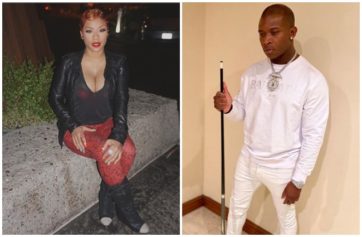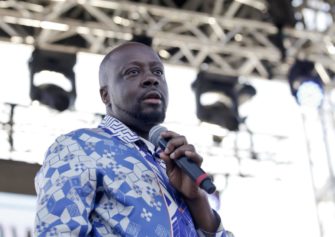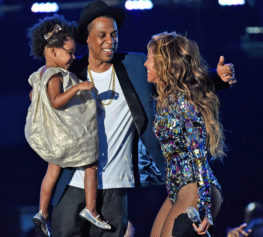The cluttered corner of an office on the fifth floor of NPR headquarters hardly suggests a coveted music venue, but the band Lucius is thrilled to be here.
On a winter afternoon, the up-and-coming five-member group, led by singers Holly Laessig and Jess Wolfe, performs a spirited four-song set for about 30 network employees who drift in following an announcement.
The crowd, however, is just for show. What counts is the audience outside the building. Brooklyn-based Lucius, whose buoyant sound calls to mind the girl groups of the ’60s, is playing a “Tiny Desk” concert, and NPR Music will stream it online and make it available as a podcast.
“For a young band trying to get people to hear us,” Laessig says, “this is amazing.” Other Tiny Desk guests have included Adele and Wilco.
With 2.7 million unique monthly visitors, 1.4 million podcast downloads every four weeks and an additional 1.4 million iPhone and iPad apps in circulation, NPR Music (npr.org/music) has become a sought-after stop for both aspiring and established artists. More broadly, it has become a rising power in the music industry.
“NPR is an extremely important part of our overall plan,” says Lisa Sonkin, a vice president of promotion at Sony Music . Last year the label launched Passion Pit’s “Gossamer” by streaming the album exclusively on the site, thereby assuring that it would attract the sort of loyal, affluent and geographically diverse audience associated with public radio.
Peter Standish, a senior vice president of marketing at Warner Bros. Records, whose artists include Neil Young and Eric Clapton, says, “You can reach a lot of people on NPR Music that you can’t reach elsewhere.”
For all of that, there’s no getting around the fact that NPR remains best known for its radio news broadcasts, which are often characterized by sonorous interviews with heads of state and winsome features about pumpkin-growing contests.
Some decision-makers in the music business believe the network’s music site hasn’t fallen far enough from the tree. This ain’t no disco, or CBGB. This is still NPR: safely highbrow, never snarky and, in its quest for inclusiveness, sometimes labored. Like NPR, whose listeners have long been stereotyped as Volvo-driving, tweedy elitists, the site comes across to some industry executives as indifferent to the broader audience.
Mark Satlof, senior vice president of Shore Fire Media, which represents Bruce Springsteen and Elvis Costello, concedes that NPR Music doesn’t showcase many top-40 artists. But, he says, that is not its mission. “If you’re a sentient consumer, you’ll already know about those acts. The purpose of NPR Music is to curate music and champion their taste.”
Read more: WSJ


